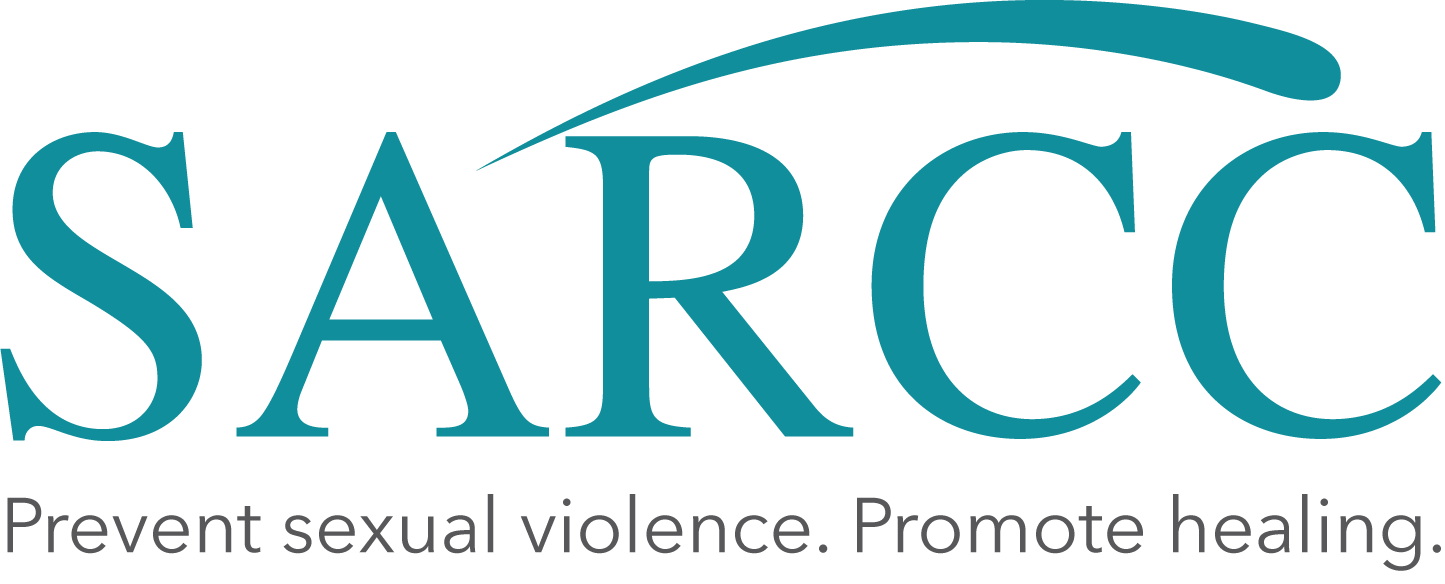Resource of the Week: Human Trafficking – Myths, Facts, and Statistics
In recent years, much attention has been brought to the topic of Human Trafficking, with podcasts, news outlets, shows, and even feature films taking on the subject. Even with this peak in awareness, we know that myths & misinformation still happen. That’s why this week we’re taking a few minutes to break down some common misconceptions about Human Trafficking with the help of The Polaris Project, an organization that advocates for survivor-centered and equity-driven approaches to the Anti-Trafficking movement. They’re also our Resource of the Week, so be sure to check them out!
- Myth: Human Trafficking usually involves transporting a person across state or national borders.
- Fact: Trafficking can happen anywhere, and many survivors are recruited and trafficked from within the areas where they already live and work.
- Myth: Human Trafficking almost always involves kidnapping or physically forcing the victim.
- Fact: While physical force is one of the methods used by traffickers, it’s actually much more common for traffickers to use psychological means, like tricking, manipulating, coercing, or threatening victims to perform commercial sex or exploitative labor.
- Myth: Traffickers target victims they don’t know.
- Fact: Often, people are trafficked by people they already know and trust—this is often how the trafficker is able to exploit them. In 2021, the top three categories of traffickers were employers (43%), family members (26%), and intimate partners (22%).
- Myth: People being trafficked are always held against their will, locked in, or otherwise physically unable to leave.
- Fact: While this is sometimes the case, more often, those in trafficking situations stay for more complicated reasons. They may rely on their trafficker for housing, food, or other basic necessities, and have no other means of safely getting these things. They may be afraid for their safety if they leave, or worried about getting in legal trouble if they have engaged in commercial sex. Many have also been manipulated so that they do not see themselves as victims of trafficking.
When we are aware of the realities of trafficking, we are more empowered to act and make a difference within our communities. If you suspect someone is being trafficked and wish to report it, please contact the National Human Trafficking Resource Center by calling 1-888-373-7888, texting 233733, or report online at humantraffickinghotline.org.
